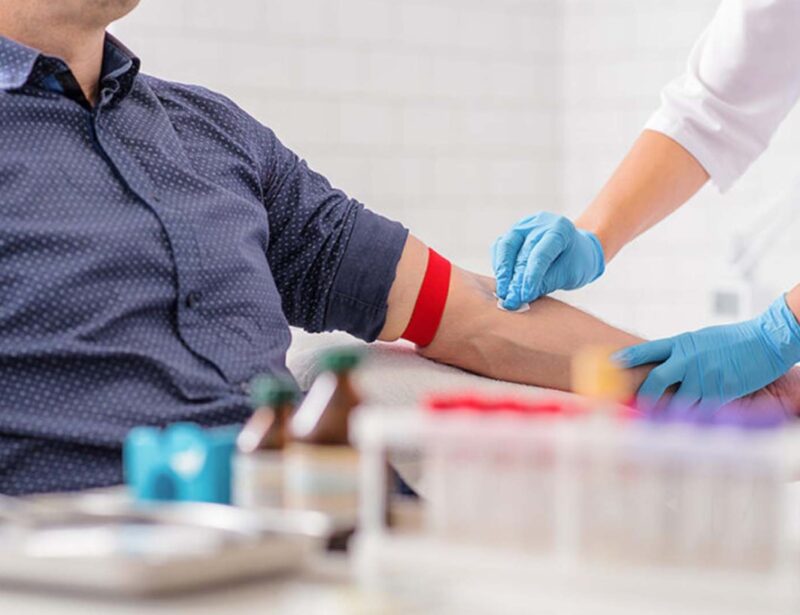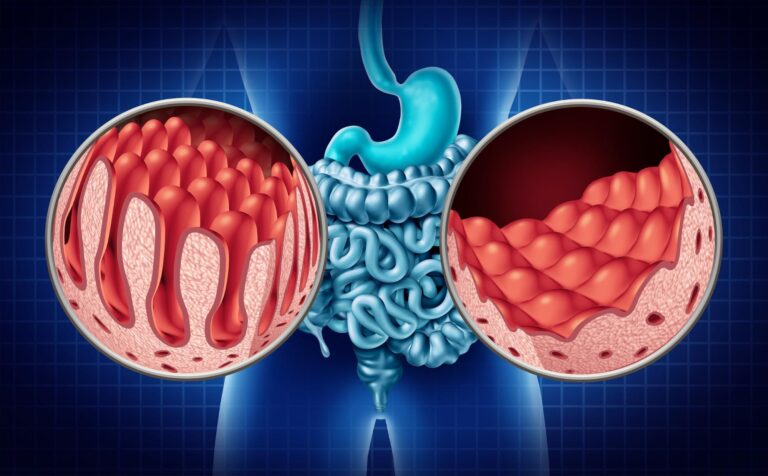Celiac disease is a common autoimmune disorder that can have a serious impact on your health and lifestyle. Despite this, it is thought that 1 in 5 people with the celiac disease never find out that they have it.
It can be a tricky disease to diagnose, and symptoms mirror many other health issues, but symptoms can damage your intestine over a long period of time if it is not detected and treated. If you find that you often have stomach-related issues, it is a good idea to get tested so that you can make changes to your lifestyle. Keep reading to find out more.
What Is Celiac Disease?

First, it is important to look at what this disease is and what it does. Celiac disease causes your body to attack your small intestine when you eat food that has gluten in it (this is a protein found in wheat, barley, and rye).
This can cause long-term damage to your stomach and prevent you from getting the nutrients that your body needs from food and cause great discomfort.
Symptoms of Celiac Disease
Celiac disease can have many symptoms and these can easily be confused with other health issues and even minor indigestion. A few of the main symptoms of celiac disease include:
- Stomach pain
- Bloating
- Gas
- Weight loss
- Constipation
- Nausea and vomiting
Other symptoms can include:
- Fatigue
- Headaches
- Mouth ulcers
- Vision problems
- Itchy skin
Removing Gluten

If you think that you have celiac disease, then you should remove gluten from your diet. Many people without celiac disease find it hard to process gluten, so if symptoms alleviate then this does not confirm celiac disease (some people have a non-celiac gluten sensitivity).
A gluten-free diet can be difficult to maintain, so it is a good idea to get a confirmed diagnosis if you think you have celiac disease.
Private Blood Tests
Following this, a blood test is the best way to test for celiac disease as those with the disease will have a higher level of certain antibodies in their blood. It is not always easy to get a blood test, so you could arrange for a private blood test.
Private blood tests are a quick and easy way to test for these antibodies and rule out other health issues (as well as provide an insight into your overall health).
You can often get your results within 48 hours, which could be a quick way to determine if you have the disease. Testing for celiac disease at home is also an option with a screening kit that can be ordered online.

Speaking to Your Doctor
If your private blood test indicates that you have celiac disease, then it is a good idea to speak to your doctor (or if your test is normal but you are still experiencing symptoms). A doctor can perform an endoscopy to check your small intestine for damage and take a biopsy to confirm a diagnosis.
If you think that you might have celiac disease, then it is important to get a confirmed diagnosis, as you will need to make changes to your diet. With this, you will quickly notice an improvement and prevent long-term damage.

